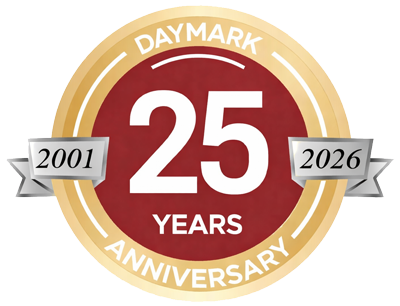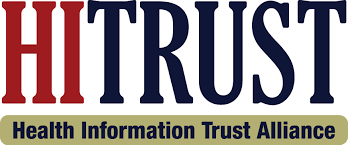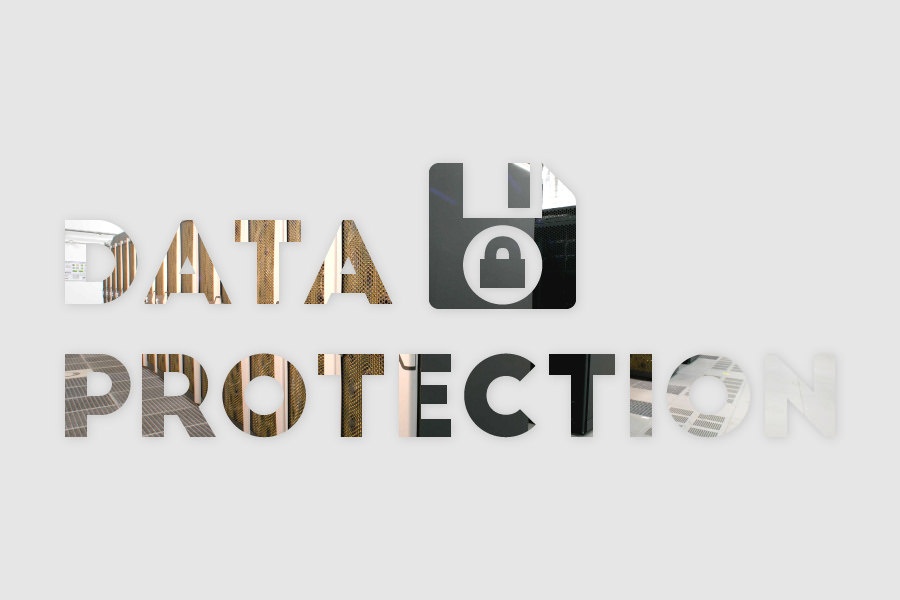Healthcare providers today are continuing to rely more and more on the efficiencies of the public cloud to store, send, and manage sensitive data. But it’s challenging to leverage the benefits of the cloud while managing the increasing complexity of healthcare security, compliance and regulatory demands.
That’s where HITRUST comes in. The HITRUST Certification is the most widely recognized security accreditation in the healthcare industry. HITRUST incorporates healthcare specific security, privacy and regulatory requirements from existing regulations such as HIPAA/HITECH, PCI, ISO 27001 and MARS-E as well as industry best practices. Microsoft has recently announced that Azure is one of the first hyperscale cloud computing platforms to become HITRUST CSF Certified. It’s a valuable addition to Azure, providing a single framework for healthcare organizations to leverage the efficiencies, availability, and scalability that Azure provides.
Read More












